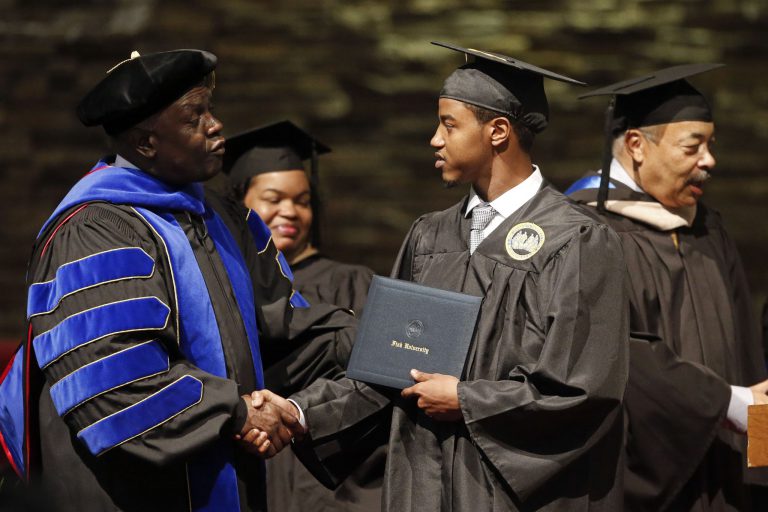
When the global economy tanked back in 2008, it affected almost everyone around the world in one way or another. As jobs vanished, retirement savings were decimated, unemployment spiked and families lost their homes, others fretted about how they could possibly afford one of the most costly – but important – expenses in the world today: the cost of higher education tuition.
Yet new evidence suggests that the Great Recession, rather than destroying the hopes and dreams of millions of idealistic students, actually encouraged more students to go to college and university, and to stay there, ultimately benefiting both the insitutions and the students themselves.
Caroline Hoxby, a professor of economics at Stanford University in California, studied the effect of the Great Recession on students within the US higher education system, and her findings may surprise the majority of people, or at least those still paying off their student debt.
“Evidence shows that students were more likely to enroll in college and were more likely to stay in college during the Great Recession,” Hoxby told the Stanford News Service.
She pointed out that college and university enrolment in the United States has actually increased during every recession in the last 50 years.
“What happens is that the opportunity cost of going to college – the job opportunities a person forgoes while in college – drops very dramatically during recessions. It is harder to find a job, to keep a job or to get a promotion. Thus, some people who would not enroll do enroll. People who would drop out stay enrolled. And people who would have taken some time off between undergraduate and graduate school decide to go straight to graduate school,” Hoxby explained.
Statistics from the last few years support Hoxby’s findings. In 2010, as undergraduates began to truly worry about the lack of job prospects for those graduating in the midst of the recession, record numbers of people took the LSAT and GRE tests, likely planning to apply to law school or graduate school. That year was also one of the most competitive years ever for law school applicants, with many schools reporting double-digit percentage increases in the numbers of applicants.
Of course, it made sense that many students completing bachelor’s degrees tried to stay in school, considering the lack of jobs available when they graduated, as well as the financial blow of taking a first job in the midst of the recession. Because jobs are scarcer during this time period, applicants are often forced to take lower-paying jobs than they might be able to secure during an economically stable period.
Because an average worker experiences 70 percent of his or her overall wage growth and multiple job changes during the first 10 years of work, this initial relative pay cut can affect earnings for years and even decades to come, according to an article published by the National Bureau of Economic Research.
“Graduating in a recession leads to large initial earnings losses,” said the article. “These losses, which amount to about 9 percent of annual earnings in the initial stage, eventually recede, but slowly — halving within five years but not disappearing until about ten years after graduation.”
Not surprising, then, that many students made the extra effort to stay in school or chose to continue with a graduate degree in the years since 2008. As world economies continue to recover from those catastrophic events, Professor Hoxby points to the bright side of this education boom.
Our population ends up more educated as the result of a recession,” she said. “If you think that people ought to be getting more education anyway, this is an unexpected benefit. Also, since demand for higher education goes up, not down, during recessions, institutions are somewhat insulated from economic downturns. Because demand for education goes up, they can expand enrollment or raise tuition to make up for losses elsewhere.”
Liked this? You’ll love these…
Controversial Australian higher education reforms to get a second wind
£6000 tuition fees in England would likely hurt other UK students, schools







